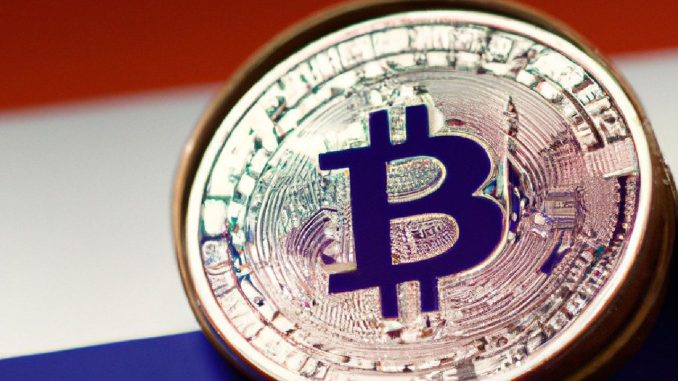
Paraguayan mining companies are taking a hit to their profitability due to the steep power fee hikes the government has established for cryptocurrency mining activities. According to reports from Braiins Mining business developer Nano Grijalba, after the veto of the crypto law, the change in power fees makes mining hosting an unprofitable business in Paraguay.
Bitcoin Mining Power Fee Hike Hurts Paraguayan Companies
Once seen as a haven for bitcoin and crypto miners, Paraguay has changed. Paraguayan miners now complain due to the price hikes the government has applied specifically for the industry of cryptocurrency mining. According to reports from Nano Grijalba, business developer of Braiins Mining, this price hike of over 50% is discriminating against bitcoin miners directly using the excuse of the low number of jobs the industry creates.
Grijalba criticized the environmental logic of these measures. On this issue, he stated:
Paraguay’s decision to increase fees for bitcoin mining, a clean industry, while attracting high-emissions industries with low fees, is questionable. We must prioritize support for clean industries for a sustainable future.
Hosting Activity Affected
Grijalba raised concerns about the future of the hosting activity in the country, which consists in offering mined logging maintenance services for third parties. He explained that costs and the margins of the international market made offering this service impossible.
The Paraguayan Congress passed a legal framework to regulate cryptocurrency mining and exchange activities in the country, establishing limits to the power fees for mining in July, last year. However, this law was vetoed in August by the current president of Paraguay, Mario Abdo Benitez, who stated the industry was characterized by its “high consumption of electrical energy, with intensive use of capital and little use of labor.”
Abdo Benitez also explained that the growth of the crypto-mining activity might push the country to import energy in the future. Congress attempted to pass the cryptocurrency law project without having presidential support but lacked the necessary votes, and finally shelved it in December.
Grijalba revealed that miners are currently working hand in hand with authorities to reintroduce laws that would lessen the burden that miners are currently facing. About this, Grijalba declared:
A new decree is currently being worked on to make it attractive again, we hope it will address the issue of import taxes, another weak point.
However, no more details were offered on this new decree. Finally, Grijalba called for the normalization of these activities in the country for the benefit of the national economy.
What do you think about the state of bitcoin mining in Paraguay? Tell us in the comments section below.
Image Credits: Shutterstock, Pixabay, Wiki Commons
Disclaimer: This article is for informational purposes only. It is not a direct offer or solicitation of an offer to buy or sell, or a recommendation or endorsement of any products, services, or companies. Bitcoin.com does not provide investment, tax, legal, or accounting advice. Neither the company nor the author is responsible, directly or indirectly, for any damage or loss caused or alleged to be caused by or in connection with the use of or reliance on any content, goods or services mentioned in this article.






Be the first to comment